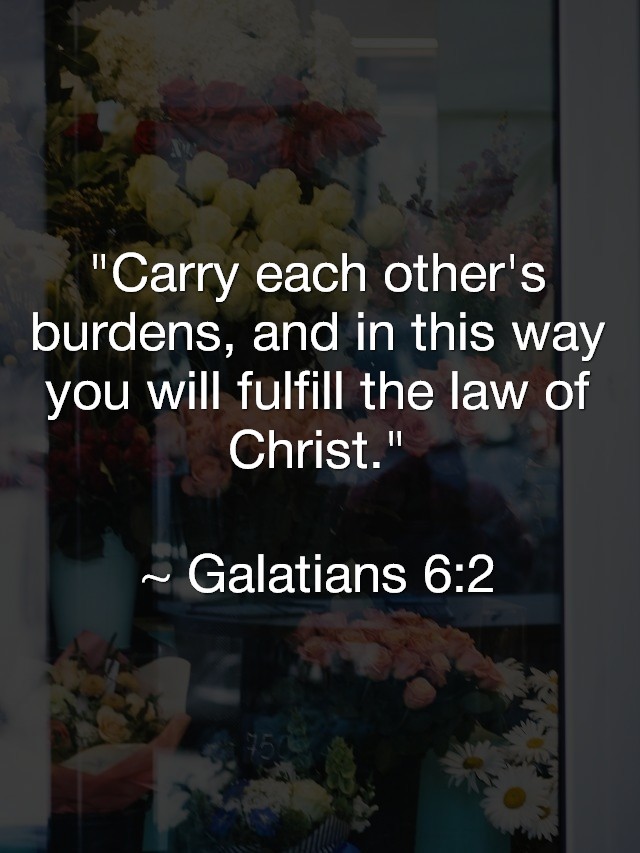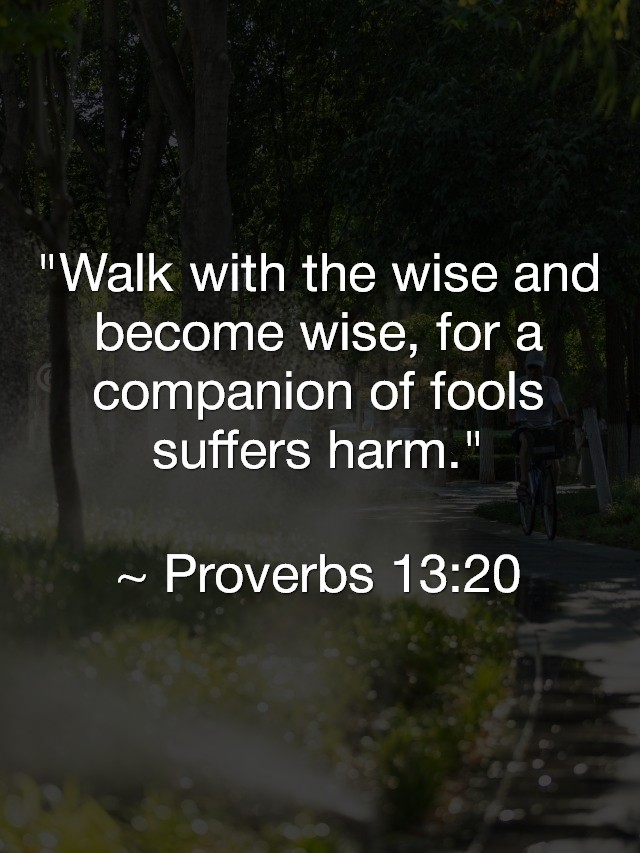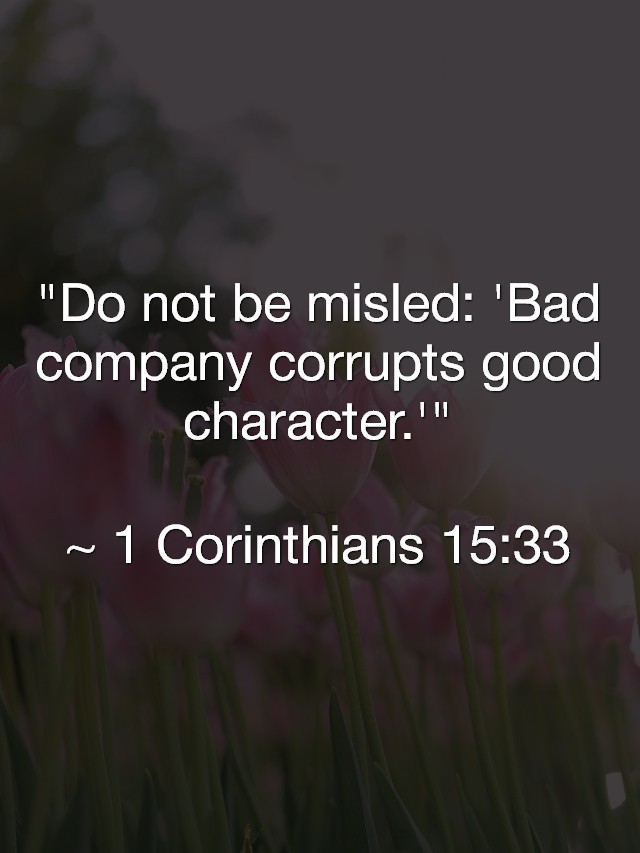Addiction is a devastating disease that affects not only the individual but also their entire family. As Christians, we are called to love and support our loved ones, but it can be challenging to discern how to do so effectively without enabling destructive behaviors. The story of your brother-in-law’s struggle with heroin addiction and the enabling behavior of his mother highlights the complexities and heartache involved in such situations. Here, we will explore how to approach this issue from a Christian perspective, offering practical advice and spiritual guidance.
One of the most critical distinctions to make when dealing with a loved one’s addiction is the difference between helping and enabling. Enabling behaviors, though often well-intentioned, can perpetuate the addiction by shielding the addict from the natural consequences of their actions. This can include giving them money, making excuses for their behavior, or allowing them to live rent-free without contributing to the household.
Helping, on the other hand, involves supporting the addict in ways that encourage recovery and personal responsibility. This might include: – Encouraging them to seek professional treatment. – Setting and enforcing healthy boundaries. – Providing emotional support without compromising your own well-being.
The Role of Tough Love
Tough love is a concept that can be difficult to implement but is often necessary. It involves setting firm boundaries and allowing the addict to face the consequences of their actions. This approach is rooted in the belief that experiencing the full impact of their addiction may motivate them to seek help.
Scriptural Guidance: Proverbs 13:24 says, “Whoever spares the rod hates their children, but the one who loves their children is careful to discipline them.” While this verse is often associated with child-rearing, the principle of loving discipline can be applied to adult relationships as well. By not enabling your brother-in-law, you are showing him a form of tough love that may ultimately lead to his recovery.
Seeking Professional Help
Addiction is a complex disease that often requires professional intervention. Encouraging your brother-in-law to enter a rehabilitation program, whether voluntarily or through court-mandated rehab, is a crucial step. Court-ordered rehab has been shown to be as effective as voluntary rehab, providing a structured environment for recovery.
Scriptural Guidance: James 5:14-15 encourages us to seek help and prayer in times of illness: “Is anyone among you sick? Let them call the elders of the church to pray over them and anoint them with oil in the name of the Lord. And the prayer offered in faith will make the sick person well; the Lord will raise them up.”
Supporting the Enabler
Your mother-in-law’s enabling behavior is likely rooted in love and fear. She may believe that by helping her son, she is protecting him, but in reality, she is preventing him from facing the consequences that might lead to recovery. Encouraging her to seek support through counseling or support groups like Al-Anon or Nar-Anon can help her understand the impact of her actions and find healthier ways to support her son.
Scriptural Guidance: Galatians 6:2 says, “Carry each other’s burdens, and in this way, you will fulfill the law of Christ.” Supporting your mother-in-law in finding the right help is a way of carrying her burden and guiding her towards healthier behaviors.
Protecting Your Family
Your primary responsibility is to protect your immediate family, especially your young child. Setting firm boundaries and ensuring that your brother-in-law does not have access to your home or possessions is crucial. This may cause tension, but it is necessary for the safety and well-being of your family.
Scriptural Guidance: 1 Timothy 5:8 states, “Anyone who does not provide for their relatives, and especially for their own household, has denied the faith and is worse than an unbeliever.” Protecting your family is a biblical mandate, and it is essential to prioritize their safety.
Making Difficult Decisions
Deciding whether to inform the authorities about your brother-in-law’s intention to leave the state while on probation is a challenging decision. It is essential to weigh the potential benefits of getting him into the system for treatment against the possible strain on your relationships. Open communication with your wife about your concerns and intentions is crucial to maintaining trust and unity in your marriage.
Scriptural Guidance: Matthew 18:15-17 provides a framework for addressing sin within the community: “If your brother or sister sins, go and point out their fault, just between the two of you. If they listen to you, you have won them over. But if they will not listen, take one or two others along, so that ‘every matter may be established by the testimony of two or three witnesses.’ If they still refuse to listen, tell it to the church.”
Dealing with a loved one’s addiction is a heart-wrenching journey that requires wisdom, strength, and faith. By distinguishing between helping and enabling, practicing tough love, seeking professional help, supporting the enabler, protecting your family, and making difficult decisions with prayerful consideration, you can navigate this challenging situation in a way that honors God and promotes healing.
Remember, you are not alone in this struggle. Lean on your faith, seek support from your church community, and trust that God is with you every step of the way.







